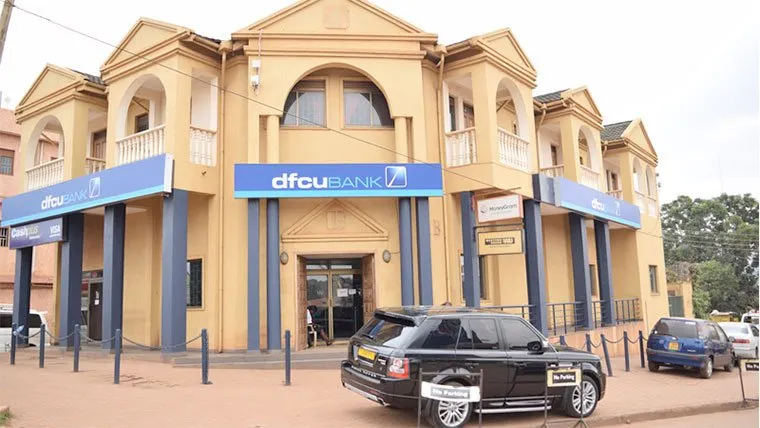TOP STORY: Ghosts of Crane Bank Resurface as UK Court Orders Forensic Probe into Sudhir Ruparelia’s Devices
LONDON/KAMPALA —
Nearly a decade after the controversial sale of Crane Bank Limited (CBL) to dfcu Bank, the legal saga surrounding Uganda’s once-thriving financial institution has reignited — this time in the High Court of England and Wales.
On July 24, in a significant procedural win for dfcu Bank, Justice Paul Stanley ordered Sudhir Ruparelia — the former majority shareholder of Crane Bank — to surrender his mobile phone for forensic examination. The ruling also compels his daughter, Sheena Ruparelia, to produce relevant materials from her personal email account as part of the escalating international legal battle.
The order stems from a long-standing dispute over the 2016 takeover of Crane Bank by the Bank of Uganda (BoU), which later sold it to dfcu in January 2017 for Shs 200 billion. The central bank cited insolvency and risk to depositors as justification for the intervention.
PwC Reports at the Heart of the Matter
Justice Stanley’s ruling leaned heavily on findings from PricewaterhouseCoopers (PwC), which conducted a forensic audit of Crane Bank’s operations. The 150-page report painted a damning picture of alleged financial mismanagement under Sudhir’s leadership, including:
- Misrepresentation of the bank’s financial position
- Concealment of shareholder identities
- Diversion of depositors’ funds through questionable transactions
- Preferential insider lending or “sweetheart” deals
Sudhir’s legal team attempted to discredit the PwC findings, arguing the firm wasn’t part of PwC’s globally accredited network and that the reports were inadmissible. However, the court dismissed these arguments, stating that while not conclusive on their own, the reports raise credible issues warranting further forensic review of personal devices and communications.
dfcu Responds: “We Acted Lawfully”
In a statement following the ruling, dfcu Bank reaffirmed its confidence in the legality of its 2017 acquisition of Crane Bank’s assets and liabilities:
“We have consistently maintained that all allegations against dfcu Bank are baseless. The bank acted lawfully and transparently throughout the acquisition process.”
Legal analysts view the court’s decision as a critical juncture, allowing dfcu’s legal team to dig deeper into communications that may reveal new evidence of alleged mismanagement and insider dealings before the bank’s collapse.
Backdrop: Rise and Fall of a Banking Giant
Founded in 1995, Crane Bank grew to become Uganda’s third-largest bank, serving over 750,000 customers and holding assets worth Shs 1.81 trillion by the end of 2015. However, by October 2016, BoU stepped in, citing capital erosion. A few months later, in January 2017, the bank was placed under receivership and sold to dfcu under Section 95 of the Financial Institutions Act.
Then-BoU Governor Emmanuel Tumusiime-Mutebile defended the transaction, stating that dfcu had emerged as the best-qualified buyer among 13 bidders. Still, the deal sparked years of legal warfare.
Sudhir’s Legal Counteroffensive
In response to the takeover, BoU sued Sudhir and his company, Meera Investments Ltd, seeking $155 million and the transfer of 48 land titles. But Sudhir struck back, winning multiple legal victories in Uganda’s High Court, Court of Appeal, and Supreme Court, which questioned the legality of BoU’s receivership and its ability to sue him post-receivership.
Now, the UK case marks a new front in this prolonged legal war — one with implications that could ripple across borders, affecting reputations and regulatory frameworks in both Uganda and the UK.
What’s Next: All Eyes on Forensic Findings
The latest court order sets the stage for an intensive digital forensic review, potentially unearthing email threads, messages, or documents that could provide a clearer picture of the events leading up to Crane Bank’s collapse and sale.
Legal experts say this case is shaping up to be a landmark in cross-border financial litigation, raising questions about corporate governance, international standards in bank resolution, and the role of central banks in crisis interventions.
The next hearing will hinge on the outcome of the forensic analysis — evidence that could decisively shift the tide in this nine-year battle for accountability, ownership, and justice .
